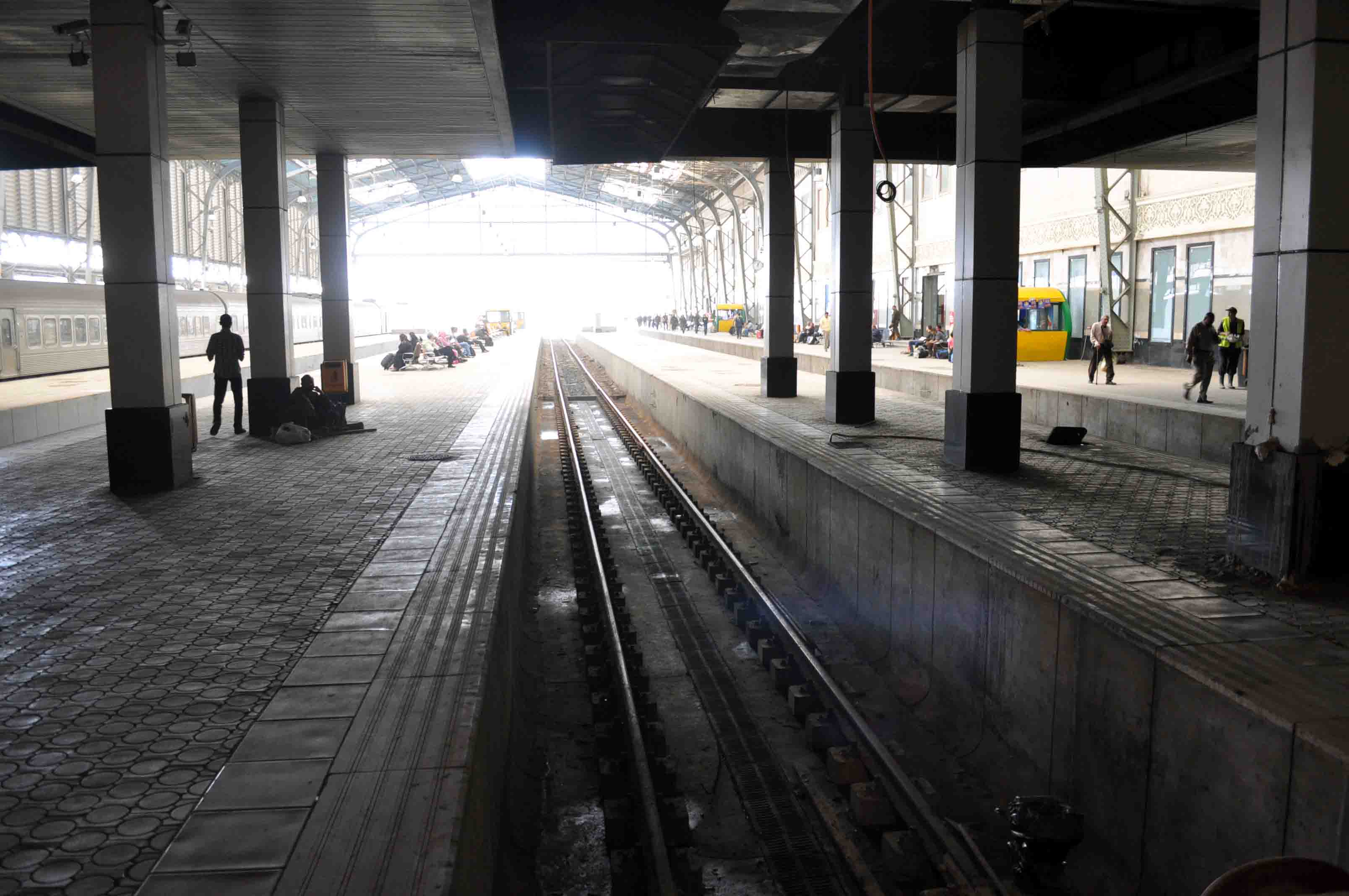
(Photo courtesy of El Mashrou3)
Mostafa Metwalli is a participant in the entrepreneurs programme on Al-Nahar TV titled El Mashrou3. His project is called “Beyond More” and is concerned with education. As an Alexandria University graduate and candidate for a master’s degree in the UK, he was shocked to find that his education is equal to that of an 18-year old British high school student. The situation incentivised Metwalli to start a project to develop education by updating Egyptian syllabuses to reduce the gap between Egypt and developed countries.
Metwalli told Al-Borsa that his project intends to change society’s concept of education. The project seeks to change students’ evaluation techniques and expand the role of society in developing school syllabuses to be more relevant. Metwalli added that he is focusing on mathematics and sciences in the student educational centre, and noted the project will create an online database to serve Egyptian students nationwide.
Metwalli and his 15-member team surveyed other educational systems in developed countries. “We discovered that the standard educational quality depends on its relevance to the students’ day-to-day life. Hence, we decided to implement the same idea in our project,” he said. “The mathematics and science syllabuses will be the first to be developed.”
Professor Gillian Ali from Arizona University is assisting the team in developing the syllabuses, while Haitham Hosny, a psychologist, Malak Kabany, a professor specialising in developing syllabuses, and Ayah El-Deghidy, an expert in career guidance, are all members of the Egyptian team.
“The syllabuses prepared emphasise the importance of education and knowledge for students. The first syllabus focuses on mathematics and its link to the Pharaonic civilization, while the second focuses on architectural activities and their relationship to ancient Alexandria,” Metwalli said.
He added: “We will assist and guide the children towards education, research and discovery. The teacher’s role in the future is to act as a guide only.” The team depends principally on summer camps for preparatory students, where it is to present its educational model and evaluate its success.
The project requires funding of EGP 700,000 during its first year in order to create the website and provide the requirements of the summer camps. For the following years, the project’s financial needs will not exceed EGP 250,000 per annum.
According to Metwalli, the team will begin the first educational camp for preparatory school students next June in Abu-Kir in Alexandria. The camp is a result of the team’s cooperation with the Ministry of Youth and UNICEF. The ministry contributed EGP 25,000; however, the camp requires EGP 70,000 to provide the residence, equipment, and field visits that are essential for the camp meeting its objectives. The camp aims to create a network of students interested in mathematics and sciences nationwide, which would prove beneficial to them by linking them to experts in the field.
The project targets 3,000 students from the primary and preparatory levels in the annual summer camps. The plan is to operate five camps per year; however, for the first year, there will be only one.
The project seeks to expand the idea to reach secondary schools, which will be targeted through a new programme presented on the website. The programme will also link the students to the labour market, helping them analyse the market’s needs, its available opportunities and the job requirements.
Metwalli added: “Creating the website to inaugurate the educational programme for secondary schools will require EGP 100,000. The website will include all applications that motivate a student towards research.”
Similarly to most entrepreneurs and owners of small enterprises, Metwalli cannot fund his dream. He said: “I addressed all banks, entrepreneurs and NGOs without any replies. Thus, I requested assistance from the Jordanian ‘OASIS 500’ and Emirati ‘Afkar’ for entrepreneurs. The first company’s insistence on checking the website before funding suspended negotiations. In the meantime, the Emirati Company promised to give us a reply by the end of January.”
He added: “We are addressing other funding authorities, such as the Qatari “Saltek”, in addition to communications companies to undertake the needed educational programme website. I have spent EGP 10,000 from my own savings and I cannot afford to spend any more money on the project.”
According to Metwalli, when he proposed his project to the authorities in the Ministry of Education, they said: “Do not exert effort; we had a similar project and it failed.”




